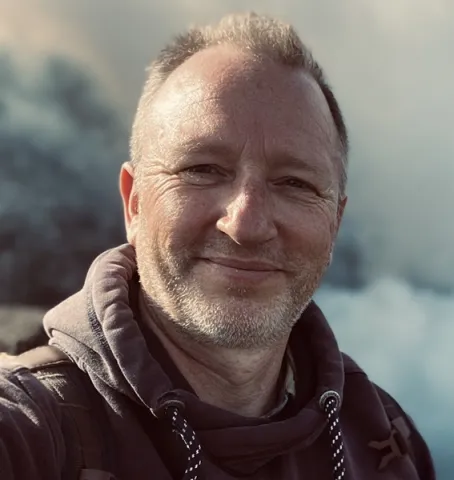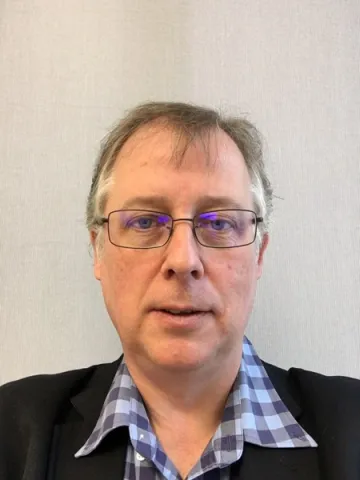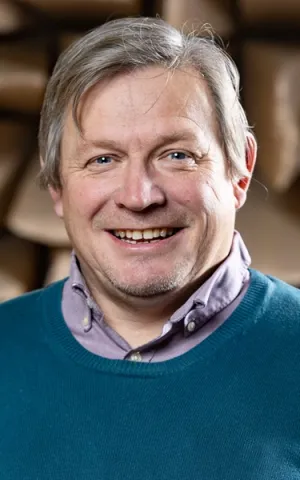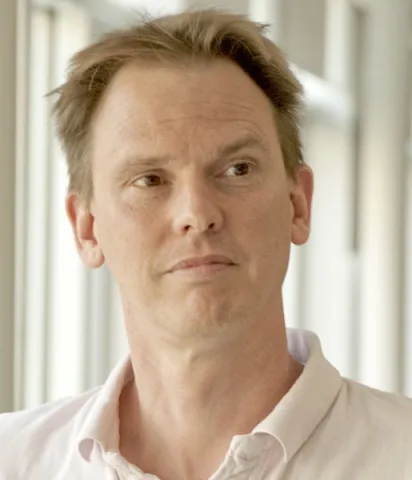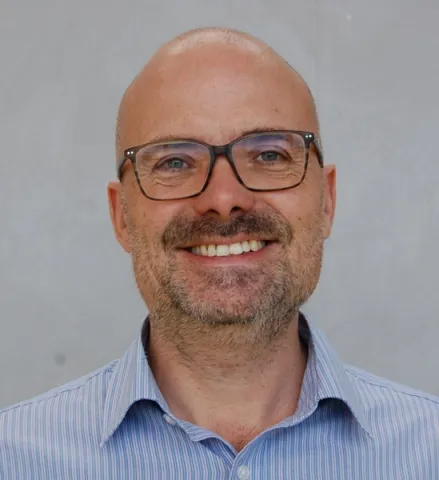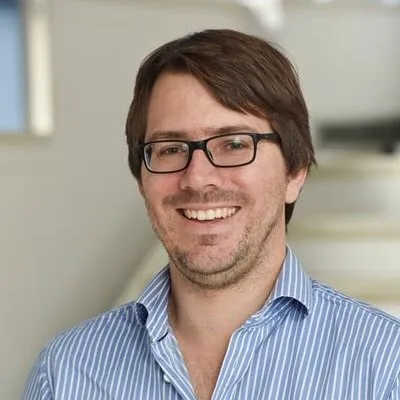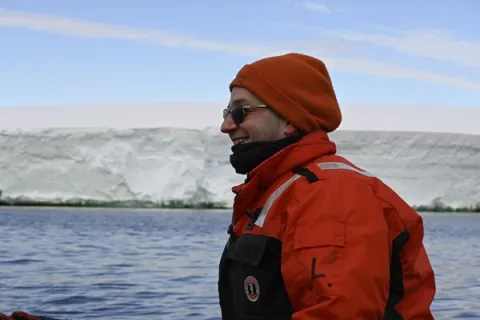Digital Oceans
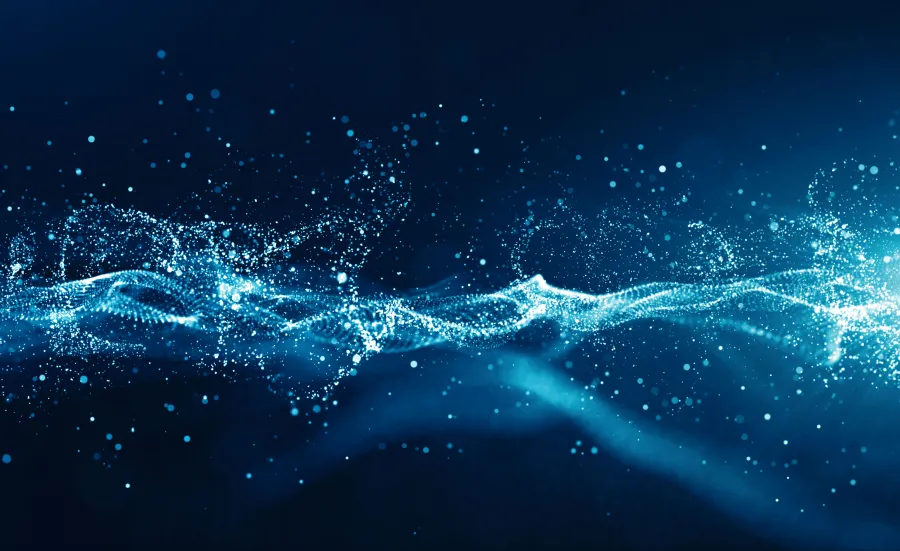
A collaborative platform for exploring advancements and exchanging expertise in digital technology within the marine and maritime space. We foster innovation and research.

A collaborative platform for exploring advancements and exchanging expertise in digital technology within the marine and maritime space. We foster innovation and research.

Marine solutions and economies are expanding along with increasing threats to the marine environment. Harnessing progress in digital oceans is essential for addressing global and local challenges.
Digital Oceans focuses on advances in marine digital technology, in areas such as:
Digital Oceans is a special interest group that aims to establish a collaborative platform for researchers to engage in marine digital applications and methods. Their interest is in a deeper understating of our oceans and in data-driven insights that can inform sustainable practices. They use digital innovation to address practices and changes affecting our marine environments.
Digital Oceans facilitates efficiency and accessibility. This is achieved through advances in artificial intelligence that improve data analysis and decision-making processes; the optimisation of data structures and management; and new frontiers in ocean mapping, simulation and visualisations.
Our ambition is to:
The Digital Oceans group strives to bridge the gap between cutting-edge marine digital technologies and social and human sciences.
Our vision is to promote environmental stewardship and help innovations to impact our oceans and the global community.
To find out more about the Digital Oceans Special Interest Group and what we do, get in touch with group champions Alexandra Karamitrou, Crystal El Safadi, Philip Leadbitter and Hugo Putuhena.
Join the SMMI Community to sign up to this group and our other special interest groups.
